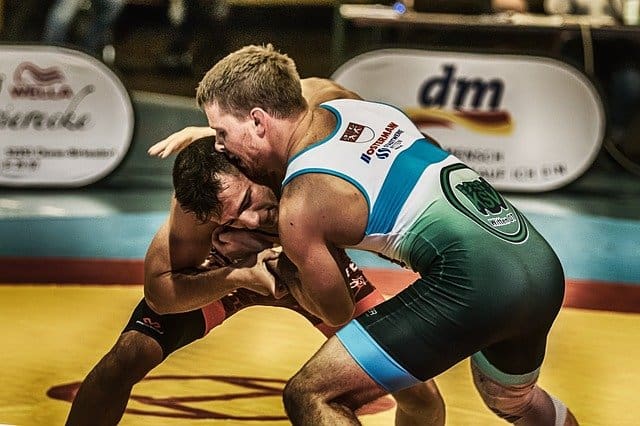There are a few ways to assess a fighting system so that you can make an informed judgement.
And this is what I'm talking about... you're already starting from a very limited and flawed premise, although not necessarily a rare one, just an uninformed one, namely that martial arts are "fighting systems"...
Firstly, no, not all martial arts are what I would refer to as "fighting systems", secondly, most that are are rather superficial and limited in their approach, as they will typically be highly geared towards a very particular context and application, thirdly, the idea of a martial system being a "fighting system" immediately begs the question "in what context?". Fighting, by itself, covers such a wide gamut that applying it to "martial arts" as being what they're actually concerned with would leave every single system on the planet deeply lacking, most especially those that concern themselves with "fighting" as a primary facet to begin with.
They need to fight. This is kind of non negotiable. I am not even sure how there is an argument against this.
And that's because your personal worldview of martial arts is single-faceted, myopic, and, frankly, basic. Does Taiji need to prove itself in an octagon to have value as a martial art? How about fencing? Does Judo lose it's status if one practitioner gets jumped by five guys with baseball bats? That's fighting, isn't it?
Does everything in a martial art have to be about fighting? Does any of it? How are you defining "need to fight"? Again, that's such a wide-covering concept that, bluntly, you don't even know what you mean by it. You have an idea, and an image, and expect things to match your preconceived notions, but even that is fairly vague and ill-defined. Do you mean in a cage? In a competition? Is it to the death? If the answer is no to any of these, why not? If the answer is yes, and a system simply cannot be presented in that format with any kind of reality, does that change the status? Why? Or why not?
You need to see them fight. This is more important. As fighting is such a massive subject that it can be easily manipulated if you don't really know what you are looking at.
Please. If it's the only litmus test, and the only way to see the value in a martial system, then it shouldn't be so easily manipulated... if it's easy to manipulate, then it's not a valid test or assessment system... so what's the point?
And it needs to be consistent, honest and transparent. Fight enough people and you don't always win. Fight good people and you don't always win. These assessments are what creates a depth of understanding about fighting.
So... if one person gains consistency, but another doesn't, is it the system, or the person? Or something else? If one person wipes the floor with whoever he meets, but someone else doing the same system keeps getting beat, what's the reason? And how are these fights being conducted and organised? Is that consistent? Regardless of the system being tested or assessed? Is that a reasonable way to go about this?
With MMA we already have this information basically presented to us in the most easily accessible and honest way that is possible at the moment.
No, you have one set of parameters that automatically discount about 90%+ of systems and approaches, not to mention that all it really is is a way of reinforcing its own structure. Bluntly, it's irrelevant for the majority of systems, and the contexts that they are designed to work within.
I could bang on about bjj in the street or military combatives and police moving towards a MMA dynamic.
You could... of course, I could counter them with the reality of why BJJ was selected for a number of military training programs (it has almost nothing to do with "effectiveness"), stories of usage in the "street" that end very poorly for the person who tries it (and, the opposite, of course), the issues with police moving towards MMA-style approaches, from ethical, legal, and PR standpoints...
I could show videos of mma fighters successfully defending themselves or tell stories of daring do.
And I can bring up stories of similar people being killed trying.
But these assessments are quite simply less reliable than being able to watch people fight and come up with some common themes.
Only if the themes are equally applicable... and, frankly, they're not.
As far as limited context goes. You can move the context.
That's a change to environment, not context.


